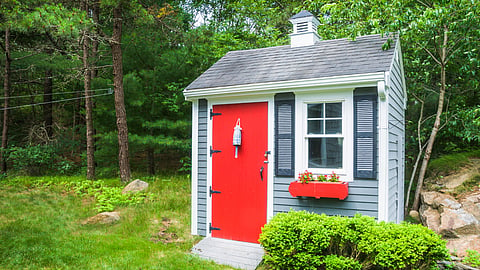Hingham Updates Zoning Bylaw Measure Ahead of Town Meeting
HINGHAM — The Hingham Select Board reviewed five zoning bylaw changes at its March 18 meeting in preparation for the 2025 Annual Town Meeting, focusing on updates required by state legislation, technical corrections, and efforts to clarify permitting procedures.
The most substantive change would amend regulations on accessory dwelling units (ADUs), a move driven by the state’s Affordable Homes Act and recent directives from the Executive Office of Housing and Livable Communities.
“The intent of the article is to update Section 5K of the bylaw, which is the ADU section of the bylaw, to comply with the applicable sections of the statute,” said Michael Clancy, Hingham’s building commissioner.
Hingham currently requires special permits and owner occupancy for ADUs, both of which are now prohibited by the state. The new bylaw would allow ADUs by right, remove occupancy restrictions, and prohibit caps on how many may exist in town.
“The current bylaw... a large portion of it is unenforceable because it’s not consistent with the state regulations,” said Clancy.
The proposed change would also prohibit short-term rentals in ADUs, following the state’s definition of rentals under 30 days.
“To the extent that there was controversy, I think it’s now gone,” said Select Board Chair Joe Fisher.
Another proposed article would allow owners of properties affected by government takings (such as eminent domain) to maintain or rebuild nonconforming structures without applying for a zoning variance.
“This deals with essentially involuntary non-compliance situations,” said Fisher.
The remaining zoning articles addressed procedural improvements. One would clarify references in the signage section of the bylaw, correcting what the Planning Board called “scrivener’s errors.” Another would formalize how nonconforming uses—such as longstanding businesses in residential areas—can be extended or altered. A final article would remove the five-year expiration clause for cell tower permits.
“It’s an equity thing, A, and an efficiency thing, B. No other permit is treated this way,” said Clancy.
The Select Board took no vote on the proposed zoning changes but expressed broad support for the planning rationale and the intent to provide clearer guidance to residents ahead of town meeting.
For more Hingham news, visit the South Shore Times Hingham homepage.

